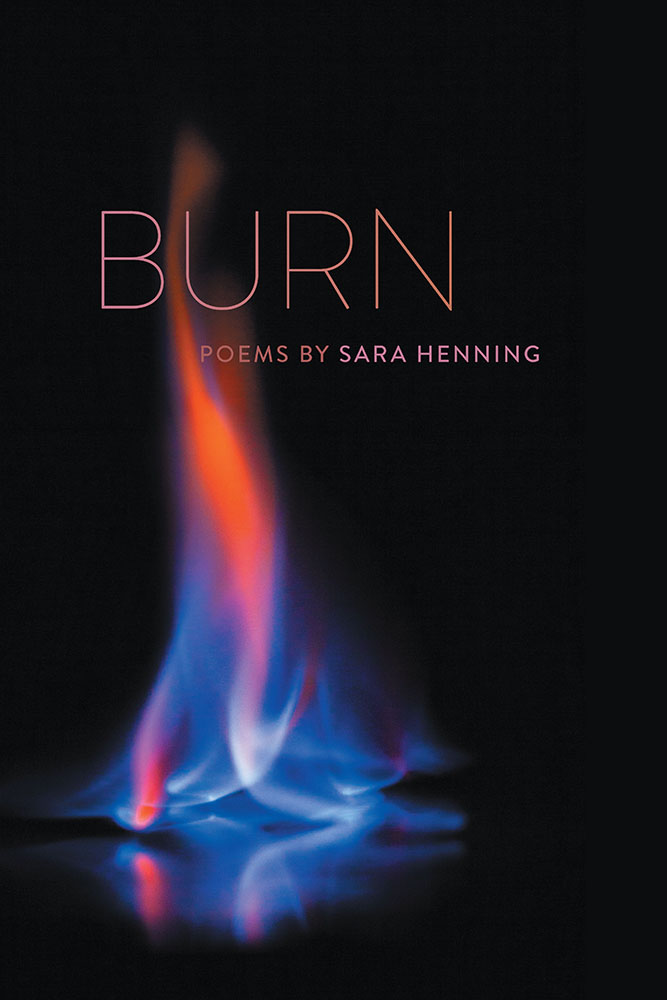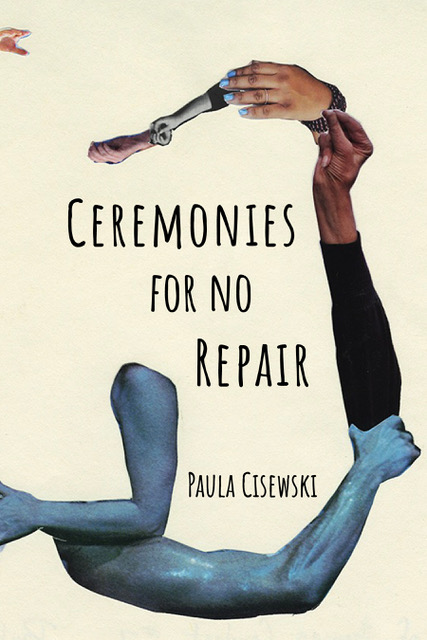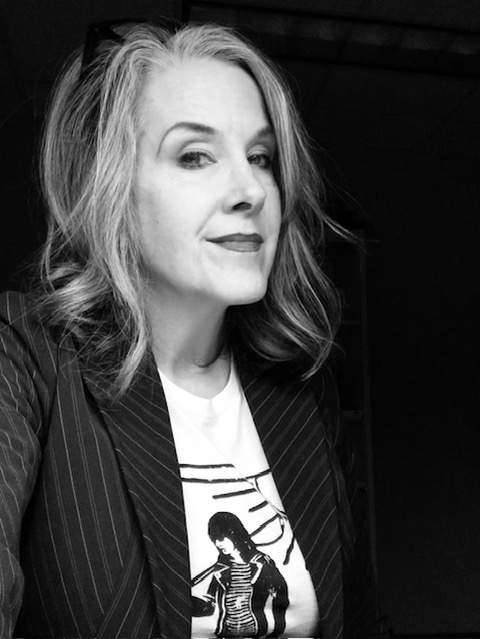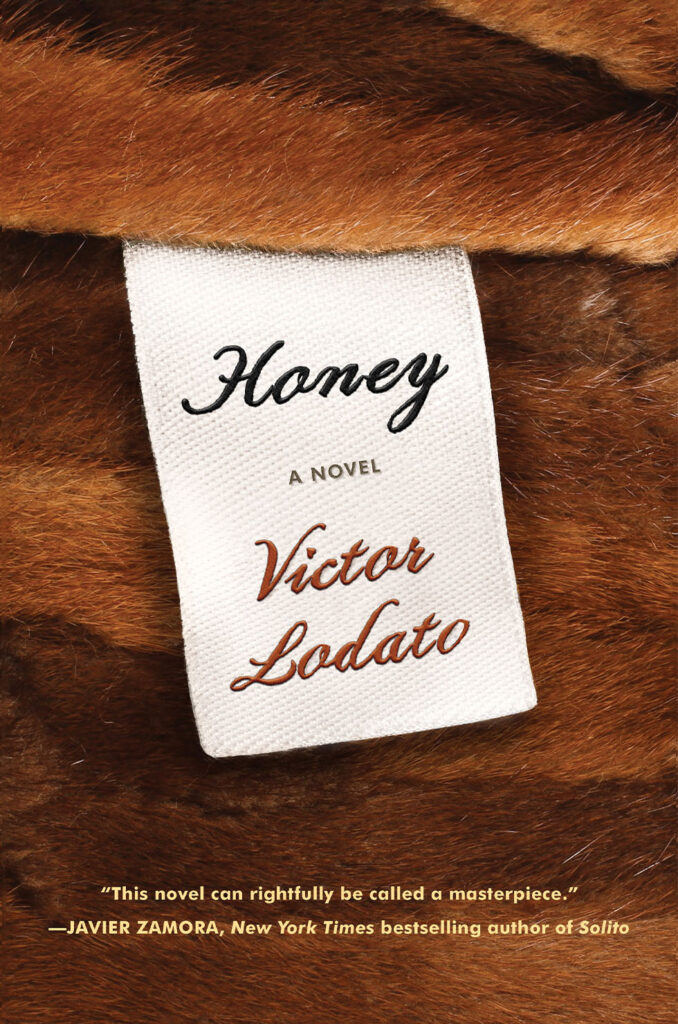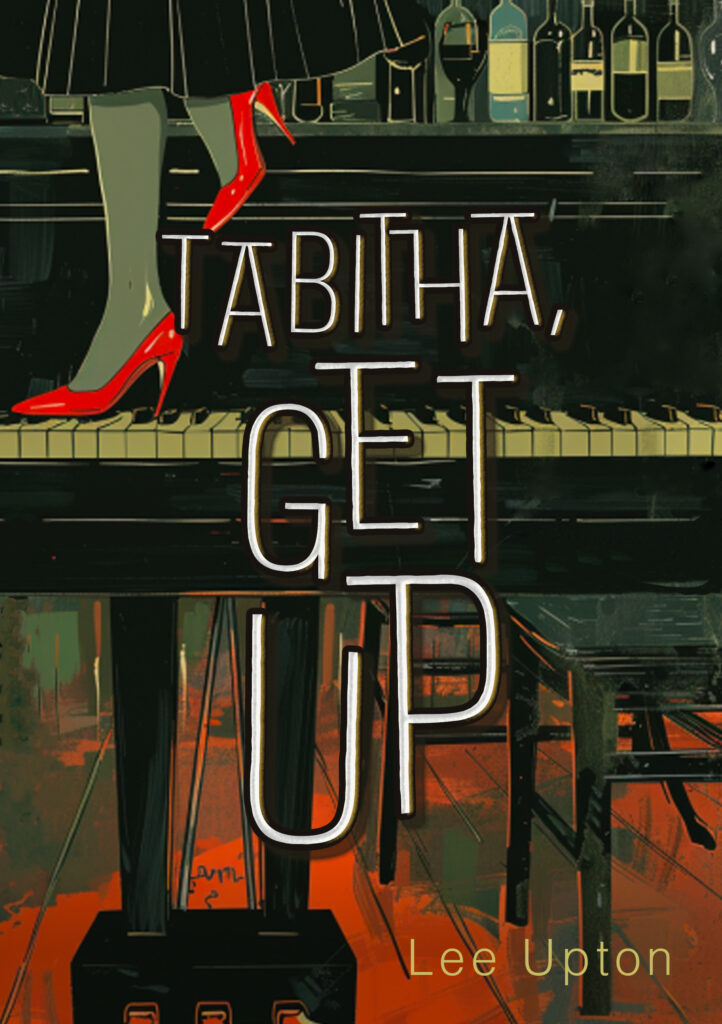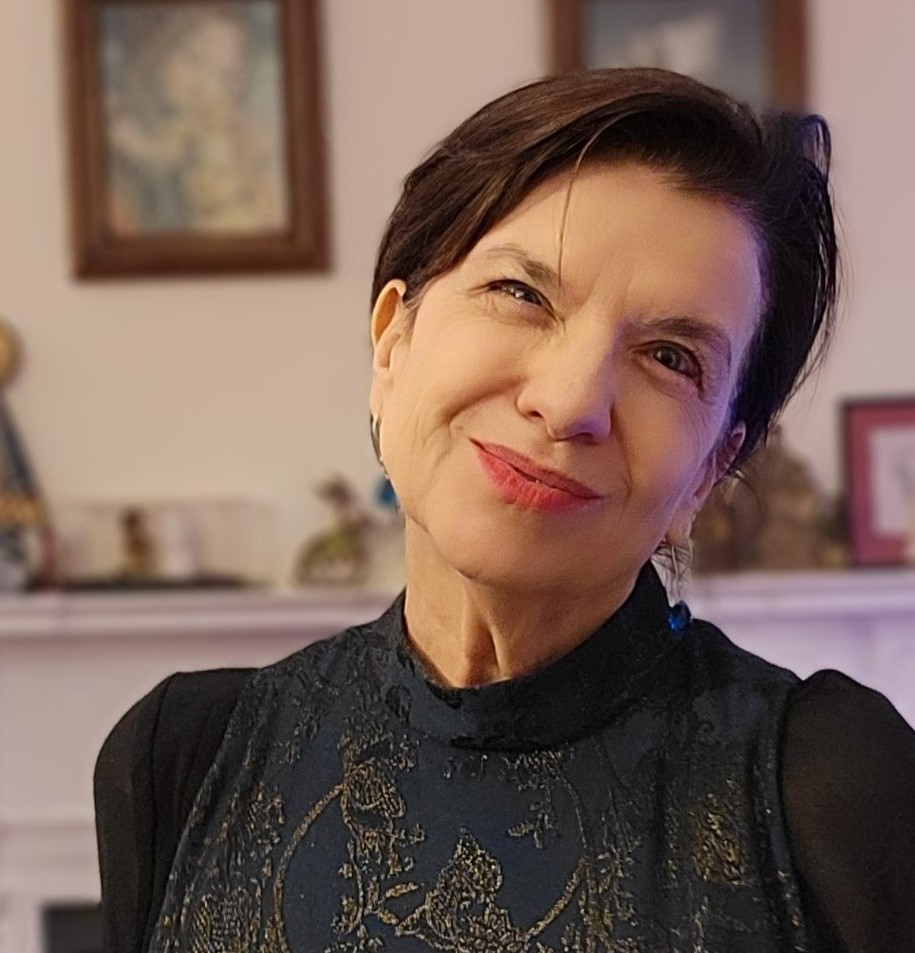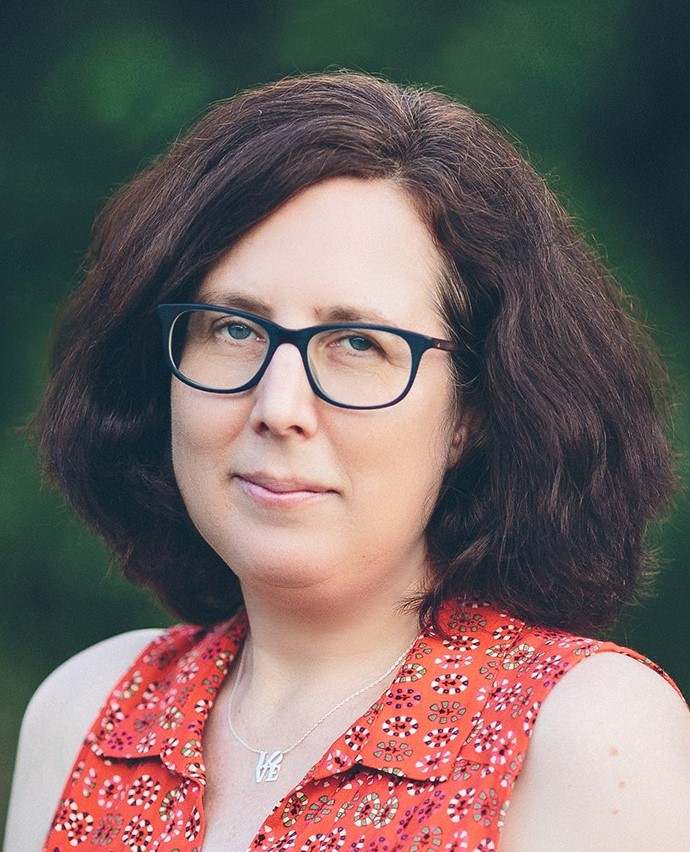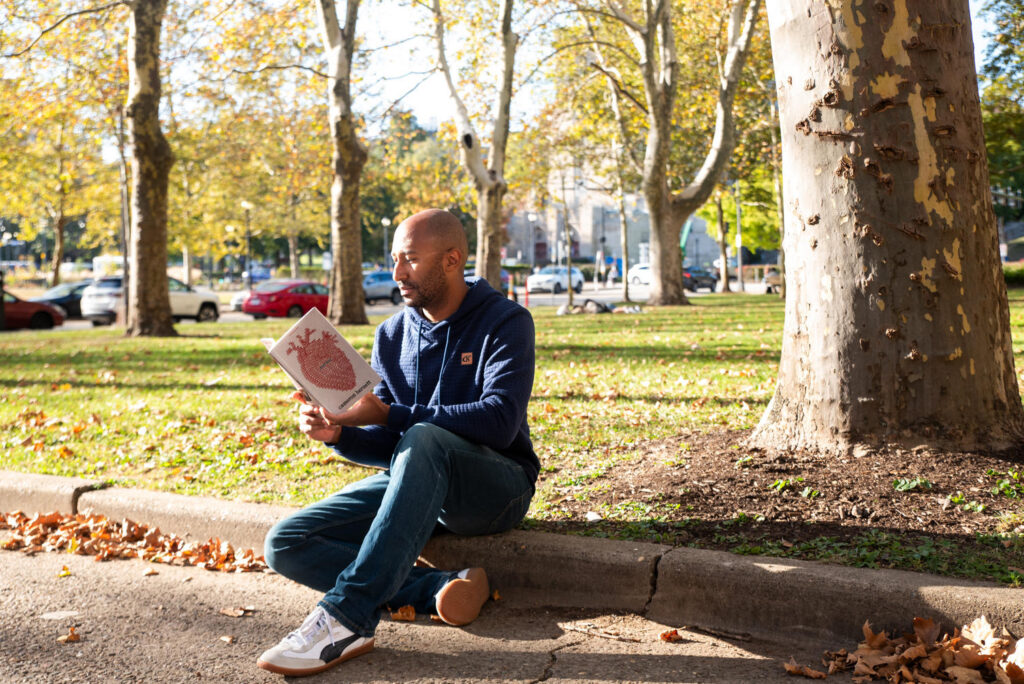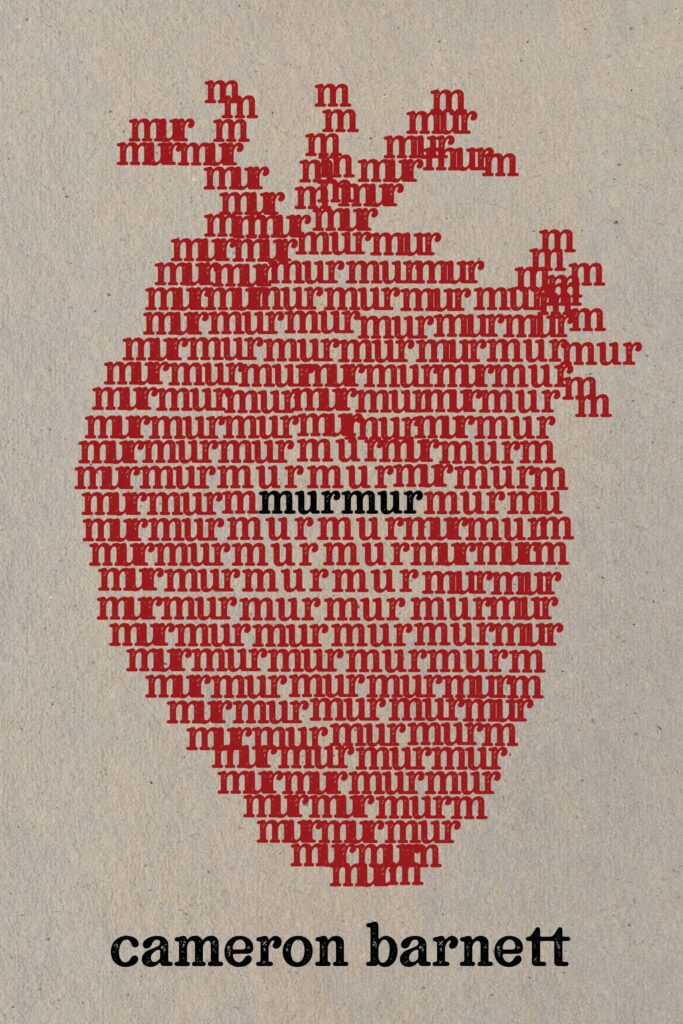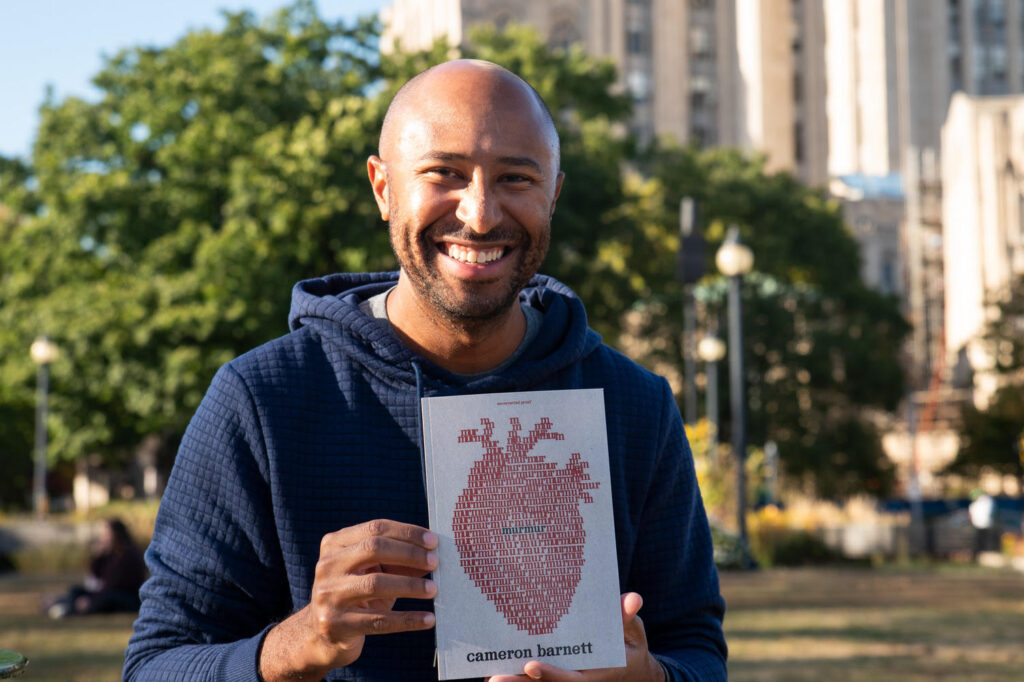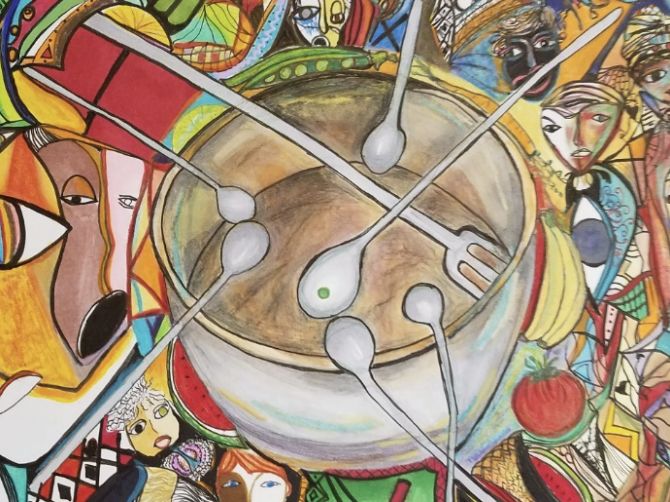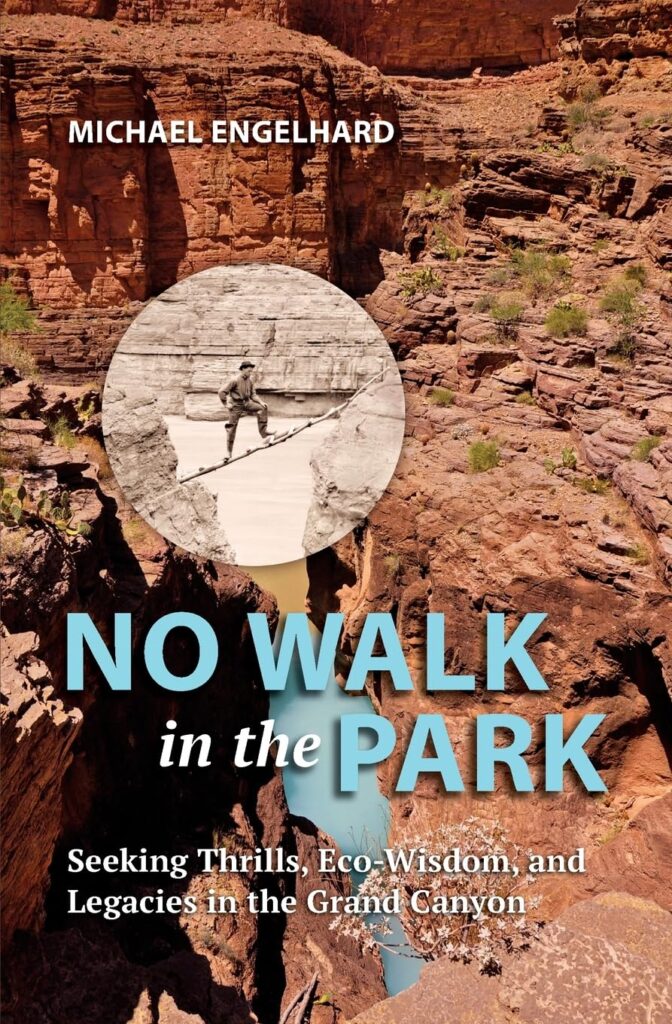
“Tread lightly on this storied pavement,” (20) because you might just stumble across the most thrilling nature read of the year. Congratulations to Michael Englehard on his upcoming publication! His essay collection, No Walk in the Park, is available for preorder now, online or at your local bookstore. It will be released through Corax Books on May 1st.
Join this author on a night hike to the great chasm’s bottom; trek forty days in his company below one rim, or snowshoe the other; visit a Hopi mesa for a ceremony; marvel at hidden rock art; sip epic solitude; tag threatened fish; and float next to Glen Canyon’s slickrock or Niagara-size fleeting falls. These essays by an award-winning writer and student of culture sift decades of experience backpacking and boating for a stance that questions the mainstream. More than mere tales of bravado, they offer glimpses into the heart of the places explored, with the Grand Canyon as their center of gravity.
His collection has received wonderful reviews:
“Engelhard’s creative wit and deep understanding of our earth make this a mesmerizing read.”
—RICH INGEBRETSEN, co-founder Glen Canyon Institute
“Avidly urges the reader to side with nature rather than continue to celebrate the foibles of our over-abundant, misguided species.”
—JACK LOEFFLER, author of Pagan Polemics
“Engelhard’s love song to America’s most beautiful desert.”
—SEAN PRENTISS, author of Finding Abbey
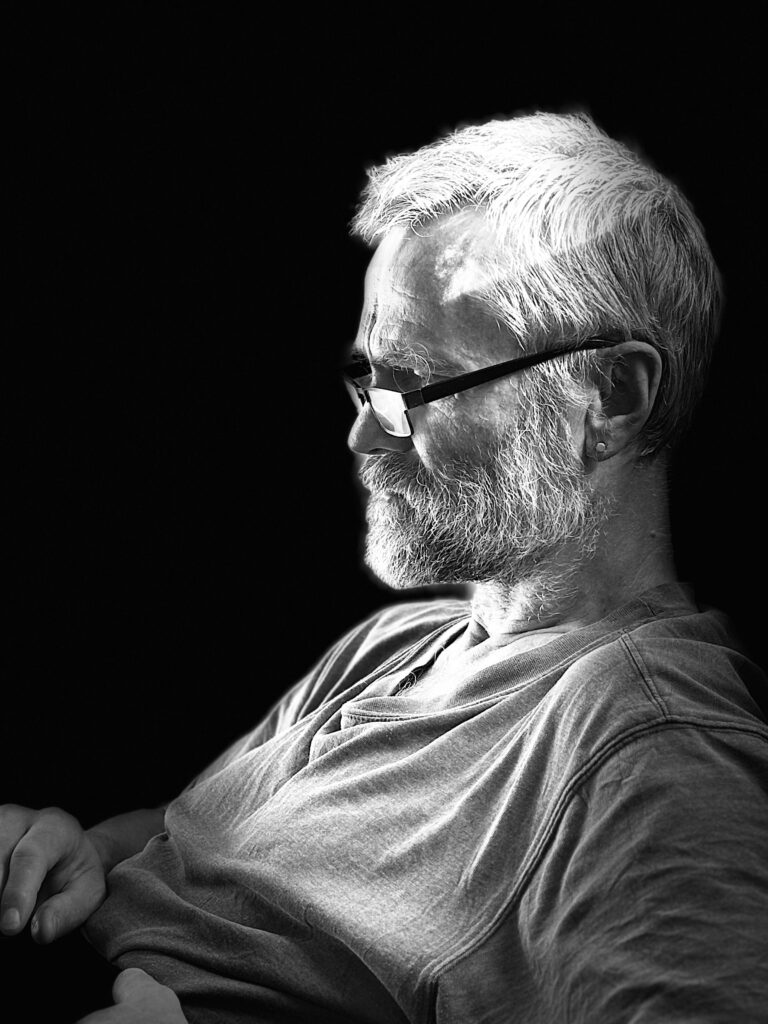
Trained as a cultural anthropologist, MICHAEL ENGELHARD worked twenty-five years as a wilderness guide and outdoor educator in the canyon country and arctic Alaska. In addition to No Walk in the Park, his latest books also include Arctic Traverse, a memoir of a solo Brooks Range trip from Canada’s Yukon border to the Bering Strait, and the essay collections What the River Knows. A former Flagstaff resident now living in a cabin on the outskirts of Fairbanks, Alaska, he dreams about relocating to the Southwest—especially on those minus-fifty-degree days.

